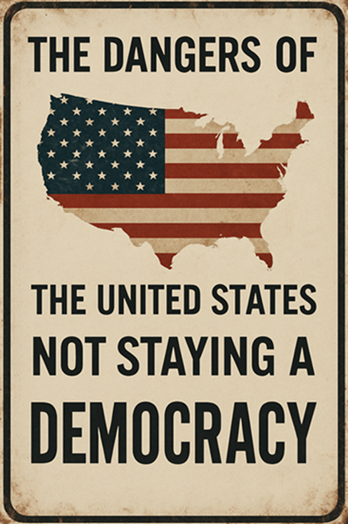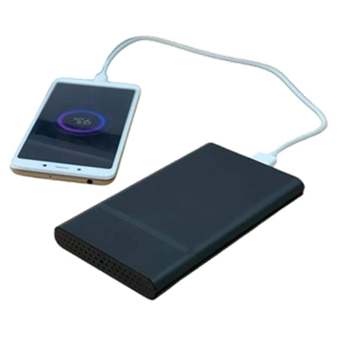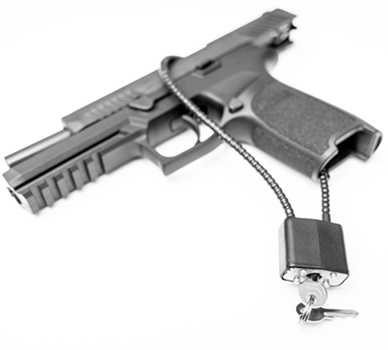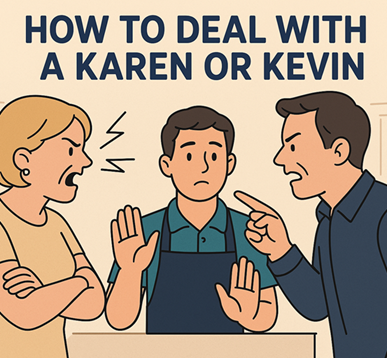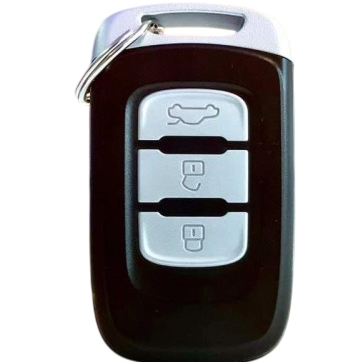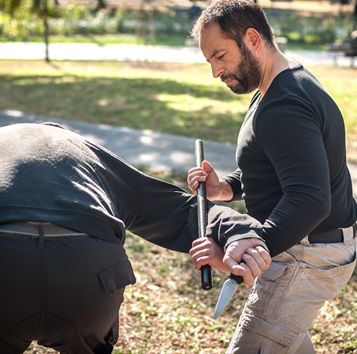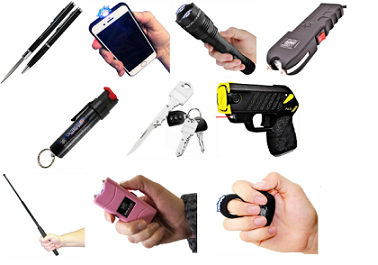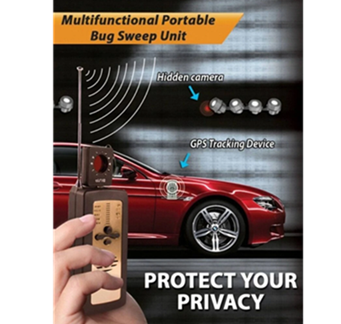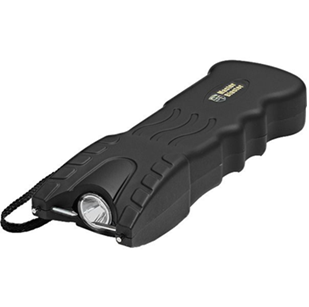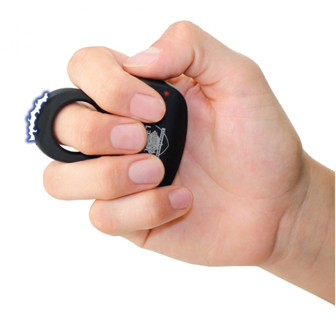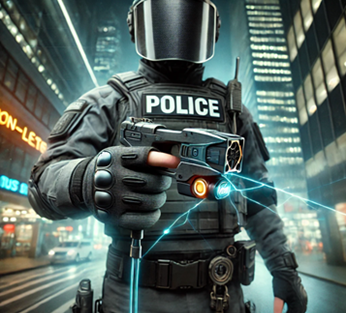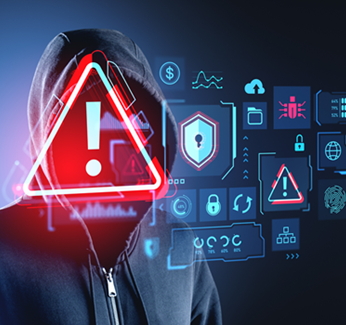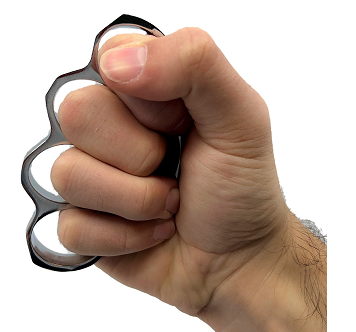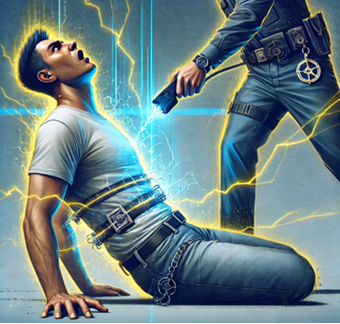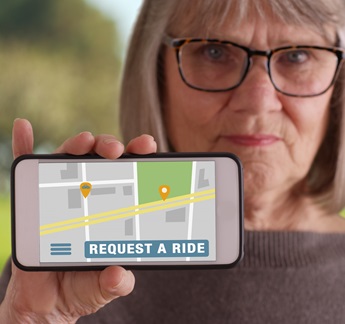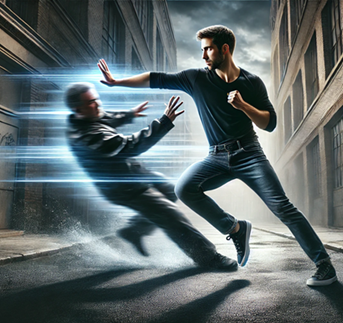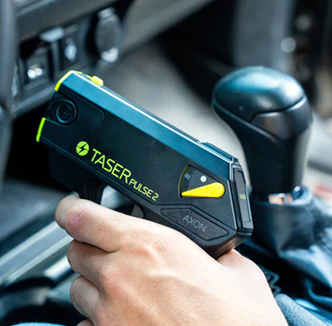What to Do If You Are Pulled Over by Law Enforcement
 Being pulled over by law enforcement can be a stressful experience, whether it's your first time or you've been through it before. Knowing what to do can help you stay calm, ensure the interaction goes smoothly, and protect your rights. Here’s a comprehensive guide on how to handle being pulled over by law enforcement.
Being pulled over by law enforcement can be a stressful experience, whether it's your first time or you've been through it before. Knowing what to do can help you stay calm, ensure the interaction goes smoothly, and protect your rights. Here’s a comprehensive guide on how to handle being pulled over by law enforcement.
Stay Calm and Pull Over Safely
Find a Safe Location: As soon as you see the flashing lights and hear the siren, look for a safe place to pull over. Signal your intentions by using your turn signal and move to the right side of the road. If possible, pull into a well-lit area or a location where you feel safe, such as a parking lot.
Stay in Your Vehicle: Unless instructed otherwise by the officer, stay inside your car. Leaving the vehicle abruptly can be perceived as a threat. Roll down your window, turn off the engine, and place your hands on the steering wheel where they are visible.
Interact Respectfully with the Officer
Stay Calm: Take deep breaths to calm yourself. An officer's job is to enforce the law, and remaining calm can help prevent misunderstandings.
Respectful Communication: When the officer approaches, address them respectfully. Use "Sir" or "Ma'am" if you are comfortable doing so. Avoid sudden movements, and keep your hands visible.
Follow Instructions: Listen to the officer's instructions carefully. If they ask for your license, registration, and proof of insurance, inform them where these items are located before reaching for them. For example, say, "My license is in my wallet, which is in my back pocket."
Understand Your Rights
Right to Remain Silent: You have the right to remain silent. If you choose to exercise this right, communicate it politely. For example, you can say, "I choose to remain silent." This is particularly important if you are asked potentially incriminating questions.
Right to Refuse a Search: You have the right to refuse consent to a search of your vehicle. Politely state, "I do not consent to a search." However, be aware that there are circumstances under which an officer can search your vehicle without your consent, such as if they have probable cause.
Right to Legal Representation: If you are detained or arrested, you have the right to legal representation. You can say, "I would like to speak to a lawyer."
Common Scenarios and How to Handle Them
Speeding: If you are pulled over for speeding, the officer may ask if you know how fast you were going. You can politely decline to answer specific questions about your speed, as admitting to speeding can be used against you in court.
Suspected DUI: If an officer suspects you are driving under the influence, they may ask you to perform field sobriety tests or take a breathalyzer test. You have the right to refuse these tests; however, refusal may have legal consequences, such as license suspension, depending on state laws.
Traffic Violations: For minor traffic violations, the officer may issue a ticket. Accept the ticket calmly, as arguing at the scene is unlikely to help. You can contest the ticket later in court if you believe it was unjustified.
What to Do If You Are Detained or Arrested
Stay Calm and Compliant: If the officer decides to detain or arrest you, do not resist. Resisting can lead to additional charges and can escalate the situation.
Invoke Your Rights: Clearly state that you wish to remain silent and request a lawyer. Avoid making any statements or answering questions until your attorney is present.
Document the Incident: As soon as possible, write down everything you remember about the encounter. This includes the officer's name, badge number, the location, and any details of the interaction. This information can be helpful if you need to challenge the arrest or file a complaint.
Handling Misconduct or Unfair Treatment
Stay Calm and Composed: Even if you believe you are being treated unfairly, it is crucial to remain calm. Becoming confrontational can worsen the situation.
File a Complaint: After the encounter, you have the right to file a complaint with the police department's internal affairs division or civilian complaint board. Provide as much detail as possible, including any witnesses or evidence.
Seek Legal Advice: If you believe your rights were violated, consult with an attorney who specializes in civil rights or criminal defense. They can provide guidance on the best course of action.
Tips for Safe Interactions
Know the Laws: Familiarize yourself with the traffic laws and your rights in your state. Knowledge can empower you to handle situations confidently.
Maintain Your Vehicle: Ensure your vehicle is in good working order. Regular maintenance can help you avoid being pulled over for issues like broken taillights or expired registration.
Stay Informed: Stay updated on your rights and any changes in the law. Organizations like the American Civil Liberties Union (ACLU) provide resources and information on your rights during police encounters.
Use Technology: Consider using a dashcam to record your interactions with law enforcement. This can provide an objective record of the encounter and can be useful if there are disputes about what happened.
Conclusion
Being pulled over by law enforcement can be an intimidating experience, but knowing how to handle the situation can help you stay safe and protect your rights. Stay calm, be respectful, and understand your rights and responsibilities. If you believe you were treated unfairly, take the appropriate steps to file a complaint and seek legal advice. By being prepared and informed, you can navigate these encounters with confidence and ensure a positive outcome.
Company Info
Customer Service
Product Information
- TASER® and Stun Devices Regulations by State
- TASER® Safe Escape Product Replacement Guarantee
- TASER® Comparison Chart
- TASER® User Manuals
- TASER® Warranty Info
- Byrna Product Catalog
- PepperBall Manuals & Spec Sheets
- Pepper Spray Laws
- Air Gun Laws
- States that Restrict Automatic and Butterfly Knives
- Our Print Catalog

























